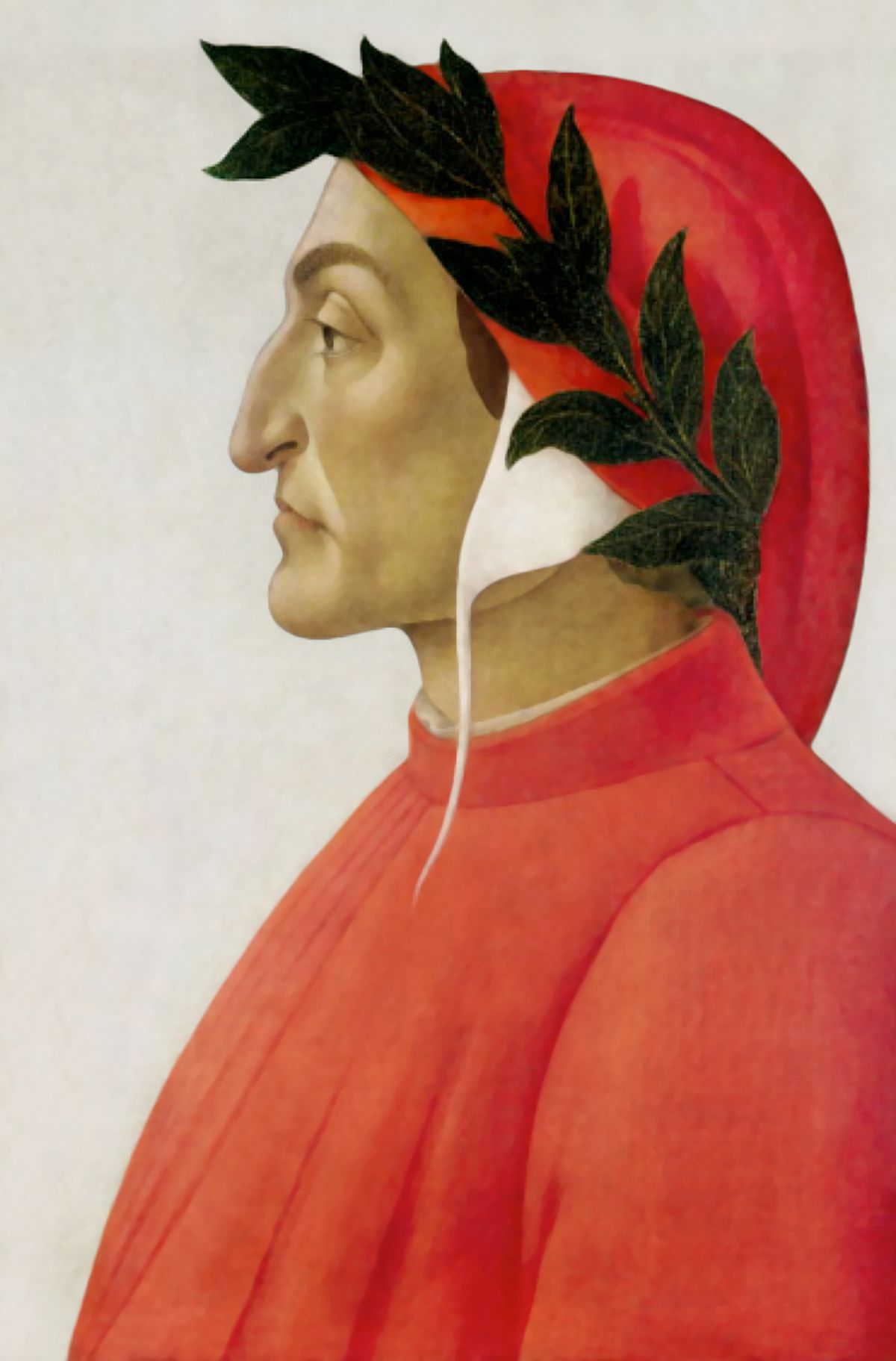Critical comments from a German journalist about the Italian poet Dante Alighieri have drawn a fiery response from the director of the Uffizi Galleries in Florence, Eike Schmidt. Arno Widmann’s assessment of the 13th-century author, best known for the epic Divine Comedy odyssey, shows “complete ignorance”, Schmidt said in a radio interview yesterday.
Writing in the German newspaper Frankfurter Rundschau, Widmann says that Shakespeare “in his amorality was light years more modern than Dante who dragged [and judged] everything in the face of his own morality”. Widmann’s analysis even prompted the Italian culture minister, Dario Franceschini to tweet a verse from Dante’s Inferno: “Non ragioniam di lor, ma guarda e passa (Inf. III, 51)” (“let us not reflect about them, but watch and move on”).
This year marks the 700th anniversary of the death of Dante, the hugely influential Italian poet and philosopher whose Divine Comedy has inspired numerous artists from Sandro Botticelli to William Blake and the contemporary UK artist Matthew Burrows. The three-part epic poem—divided into Inferno, Purgatory and Paradise—was published in 1320.
Widmann argues also that Dante as a lyric poet is indebted to 13th-century southern French Provencal writers or troubadours who wrote love poetry. “This is certainly not a great discovery—that Dante looked to the Provençal [writers] as a model has always been known, but that he limited himself to copying them is clearly false,” Schmidt, who was born in Germany, said.
The German journalist points out also that even though Dante has “brought the national language to great heights”, Italian schoolchildren have always struggled with the antiquated verse of the Divine Comedy. Crucially, Dante wrote the masterpiece in a Tuscan vernacular instead of Latin which would become standard literary Italian.
“Widmann maintains that Dante's importance for the Italian language was not so great, because children at school would have difficulty understanding his texts. But that's not the case at all. Apart from a few words and some theological concepts, Dante's language is still perfectly intelligible today, unlike what happened with English or German in the 14th century,” Schmidt says.
The Uffizi Galleries, located in Dante's birthplace of Florence, are spearheading a number of commemorative initiatives such as an exhibition dedicated to him in the northern Italian town of Forlì where the poet fled to in 1302. The gallery plans to loan a 15th-century fresco of Dante to the town of Forli. The portrait, painted by Andrea del Castagno, will then go on show in Castagno d’Andrea, Dante’s birthplace.


